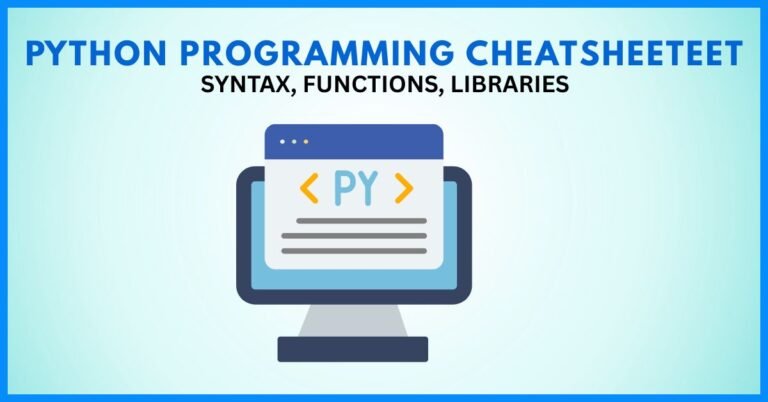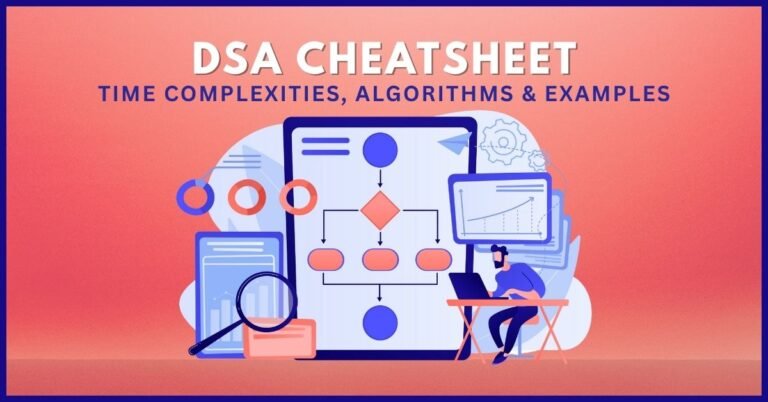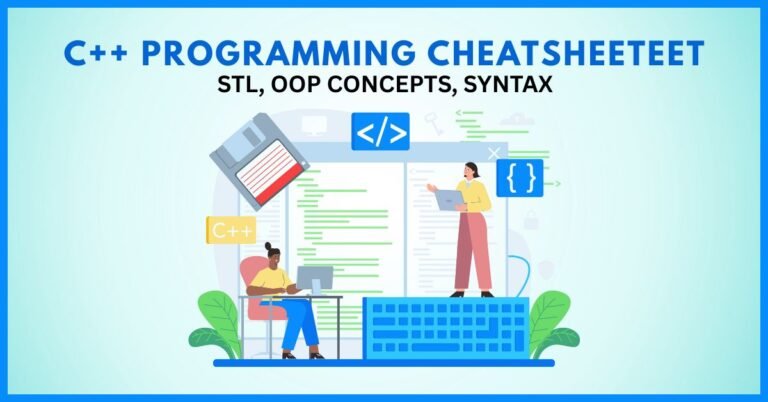Time Management Tips for Engineering Students

Introduction
Engineering students often juggle a multitude of tasks—from complex assignments and lab work to group projects and exam preparations. Without effective time management, it’s easy to feel overwhelmed. At BTech Cheatsheets, we understand these challenges and are committed to providing concise, easy-to-understand study materials to help you manage your time effectively and excel in your studies.
In this comprehensive guide, we’ll explore practical time management strategies tailored specifically for engineering students. These techniques will help you enhance productivity, reduce stress, and achieve academic success.

Why Time Management Matters for Engineering Students
Effective time management is crucial for engineering students due to the demanding nature of their coursework. Balancing lectures, assignments, lab sessions, and personal life requires careful planning and discipline. Without proper time management, students may experience increased stress, missed deadlines, and compromised academic performance.
Understanding the Challenges
Before diving into strategies, it’s essential to recognize the common time management challenges faced by engineering students:
- Heavy Workload: Multiple assignments, projects, and exams can be overwhelming.
- Procrastination: Delaying tasks can lead to last-minute cramming and subpar performance.
- Distractions: Social media, noise, and other distractions can hinder focus.
- Poor Planning: Lack of a structured schedule can result in missed deadlines and increased stress.
By addressing these challenges head-on, you can develop effective time management skills that will serve you throughout your academic and professional career.
Time Management Strategies for Engineering Students
1. Create a Structured Schedule
Developing a weekly or monthly schedule that accommodates your academic and personal commitments is vital. Allocate specific time blocks for studying, attending classes, completing assignments, and engaging in extracurricular activities. This structured approach helps you stay organized and ensures that all tasks are completed on time.

2. Prioritize Tasks Using the Eisenhower Matrix
The Eisenhower Matrix is a powerful tool for prioritizing tasks based on their urgency and importance:
- Urgent and Important: Tasks that require immediate attention (e.g., upcoming deadlines).
- Not Urgent but Important: Long-term goals and planning (e.g., project preparation).
- Urgent but Not Important: Distractions that can be minimized (e.g., unnecessary meetings).
- Not Urgent and Not Important: Activities that can be eliminated (e.g., excessive social media use).
By categorizing tasks, you can focus on what truly matters and avoid wasting time on less critical activities.
3. Implement the Pomodoro Technique
The Pomodoro Technique involves working in focused intervals, typically 25 minutes, followed by a short break. This method enhances concentration and prevents burnout. After completing four intervals, take a longer break to recharge.
4. Utilize Time Blocking
Time blocking is a method where you divide your day into blocks dedicated to specific tasks or activities. This approach minimizes distractions and ensures that each task receives adequate attention. For example, allocate mornings for studying complex subjects and afternoons for group projects or lab work.
5. Break Down Large Tasks
Large assignments or projects can be daunting. Breaking them down into smaller, manageable tasks makes them less overwhelming and easier to tackle. Set specific goals for each session and track your progress to maintain momentum.
6. Avoid Multitasking
While it may seem efficient, multitasking can reduce the quality of your work and increase the time spent on tasks. Focus on one task at a time to improve efficiency and produce better results.
7. Eliminate Distractions
Identify and minimize distractions that hinder your focus. This may include turning off notifications, creating a quiet study environment, or using apps that block distracting websites during study sessions.
8. Review and Reflect
At the end of each week, take time to review your accomplishments and identify areas for improvement. Reflecting on your time management practices helps you make necessary adjustments and continue to enhance your productivity.
Leveraging BTech Cheatsheets for Effective Study
At BTech Cheatsheets, we provide a range of resources to support your academic journey:
- Formula Sheets: Quick reference guides for essential formulas.
- Concept Maps: Visual aids to understand complex topics.
- Quick Revision Guides: Summarized notes for efficient revision.
- Lab Viva Questions: Prepare for practical assessments with common questions.
- Previous Year Papers: Practice with past exam papers to familiarize yourself with the format.
- Placement Preparation Notes: Resources to help you prepare for campus placements.
Incorporating these resources into your study routine can save time and enhance your understanding of key concepts.
Frequently Asked Questions (FAQs)
1. How can I overcome procrastination?
Start by breaking tasks into smaller steps and setting specific deadlines. Use techniques like the Pomodoro Technique to maintain focus and momentum.
2. What is the best way to prepare for exams?
Create a study schedule well in advance, prioritize topics based on their importance, and use resources like BTech Cheatsheets for quick revision.
3. How can I balance academics and extracurricular activities?
Time blocking can help allocate specific times for both academic and extracurricular activities, ensuring a balanced schedule.
4. How do I handle group projects effectively?
Set clear roles and responsibilities within the group, establish deadlines, and maintain open communication to ensure the project’s success.
5. What tools can help with time management?
Digital calendars, task management apps, and time tracking tools can assist in organizing your schedule and staying on track.

Conclusion
Effective time management is a skill that can significantly impact your success as an engineering student. By implementing strategies like structured scheduling, task prioritization, and utilizing resources like BTech Cheatsheets, you can enhance your productivity, reduce stress, and achieve your academic goals.
Remember, consistency is key. Regularly assess and adjust your time management practices to find what works best for you. With dedication and the right tools, you can master time management and excel in your engineering studies.
Author Profile
- At Learners View, we're passionate about helping learners make informed decisions. Our team dives deep into online course platforms and individual courses to bring you honest, detailed reviews. Whether you're a beginner or a lifelong learner, our insights aim to guide you toward the best educational resources available online.
Latest entries
 UncategorizedOctober 3, 2025AKTU BTech Important Questions & Notes
UncategorizedOctober 3, 2025AKTU BTech Important Questions & Notes Exam Revision NotesSeptember 24, 2025C++ Programming Cheatsheet – STL, OOP Concepts, Syntax
Exam Revision NotesSeptember 24, 2025C++ Programming Cheatsheet – STL, OOP Concepts, Syntax Exam Revision NotesSeptember 22, 2025Java Programming Cheatsheet – Collections, OOP, Exceptions
Exam Revision NotesSeptember 22, 2025Java Programming Cheatsheet – Collections, OOP, Exceptions UncategorizedAugust 28, 2025BTech 1st Year Notes & Cheatsheets (Subject-Wise)
UncategorizedAugust 28, 2025BTech 1st Year Notes & Cheatsheets (Subject-Wise)







